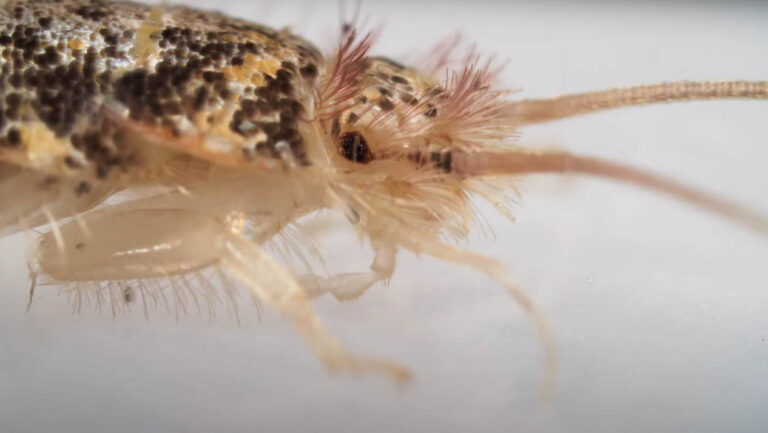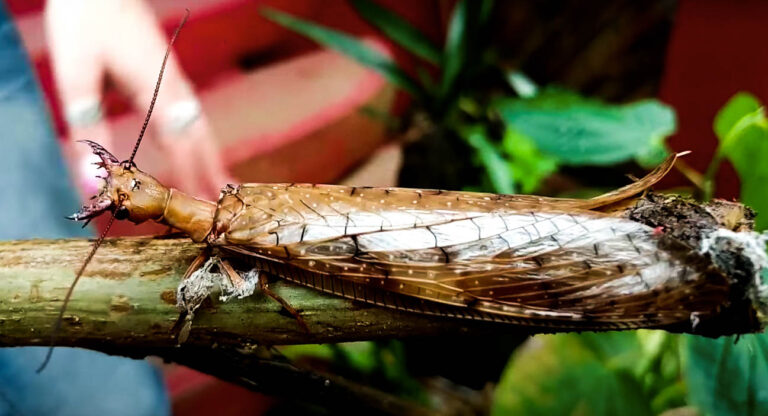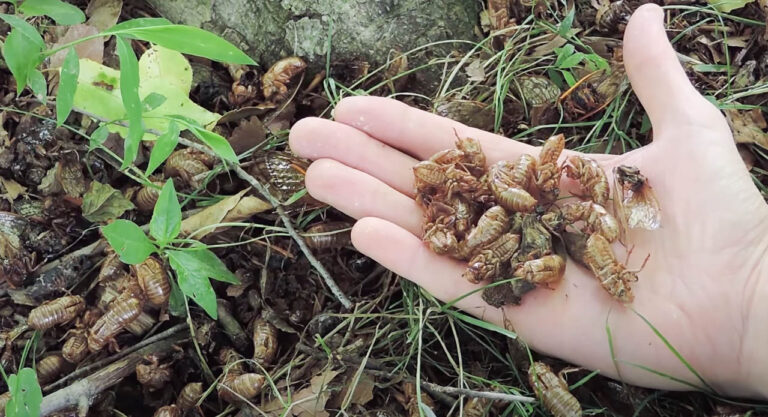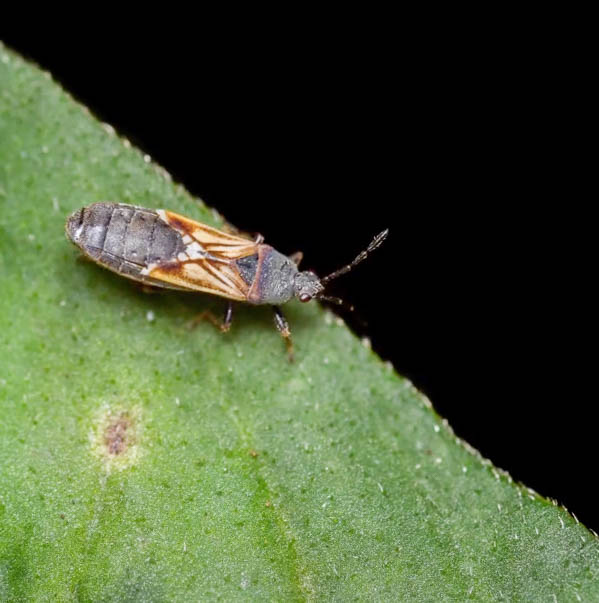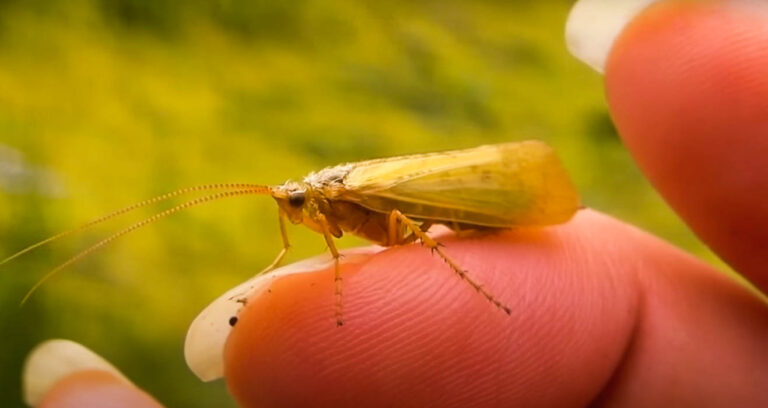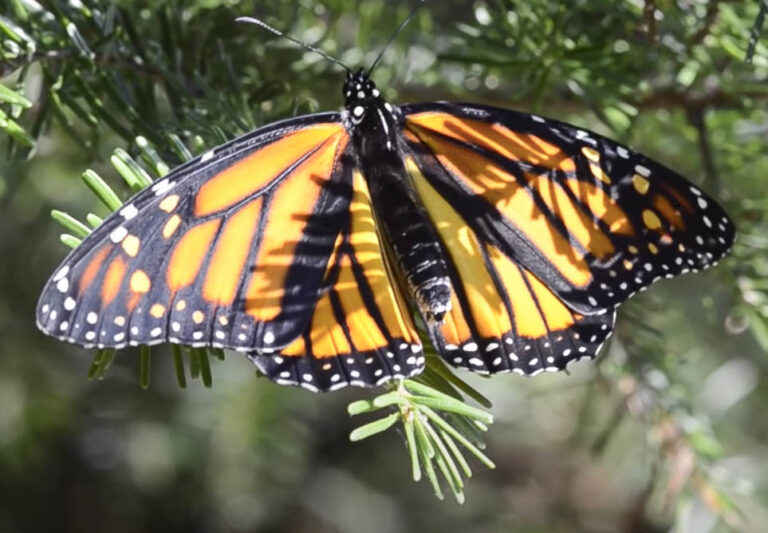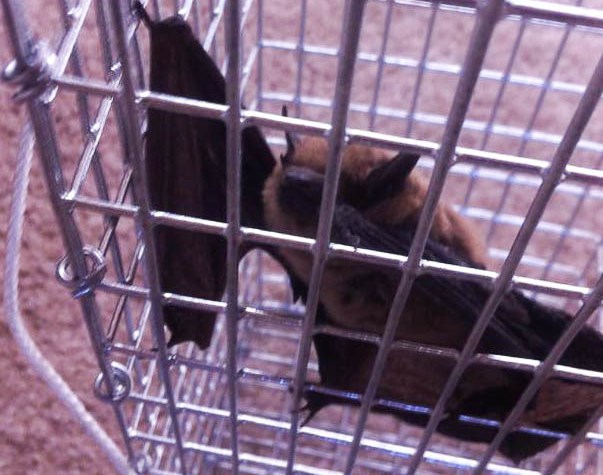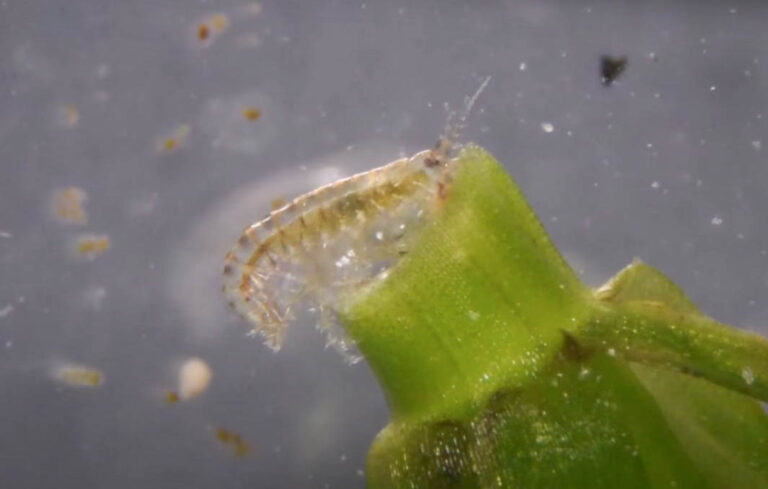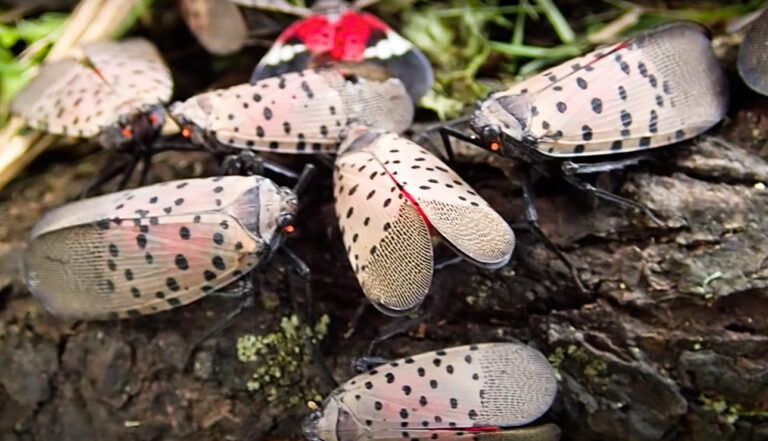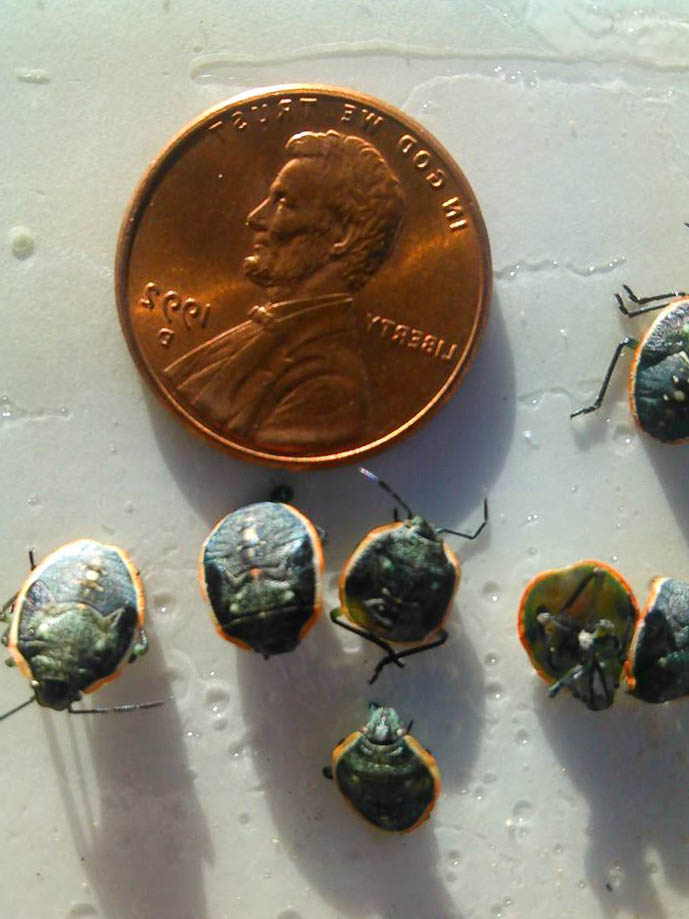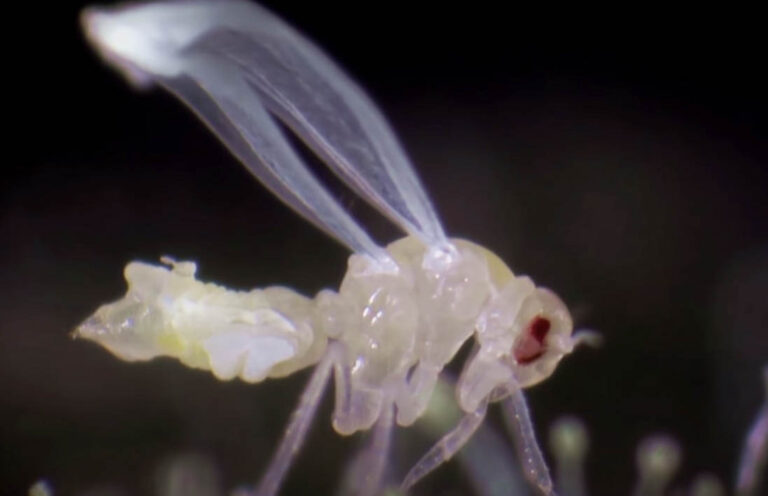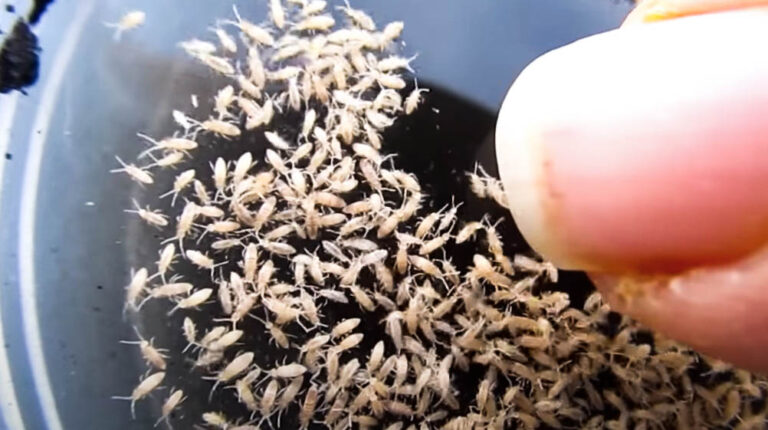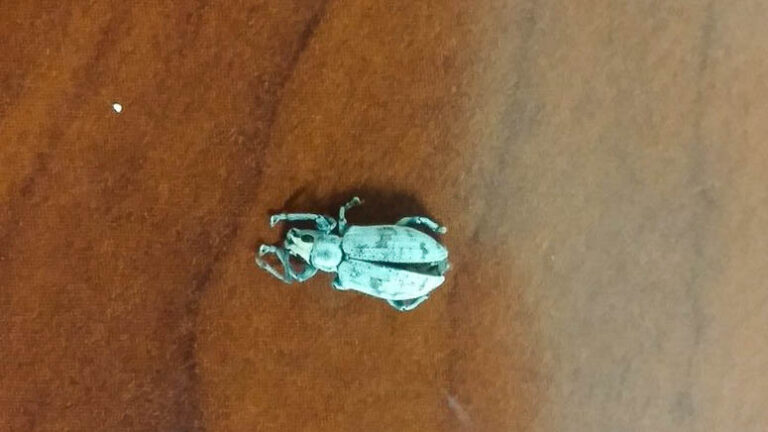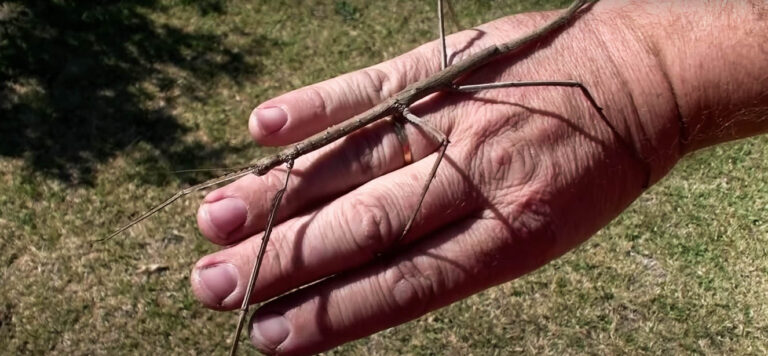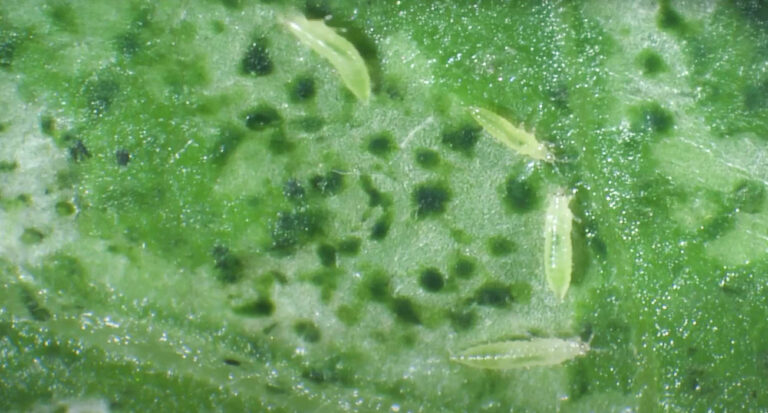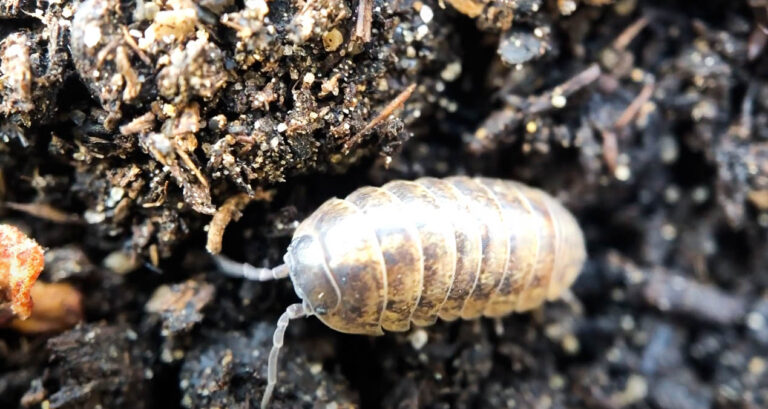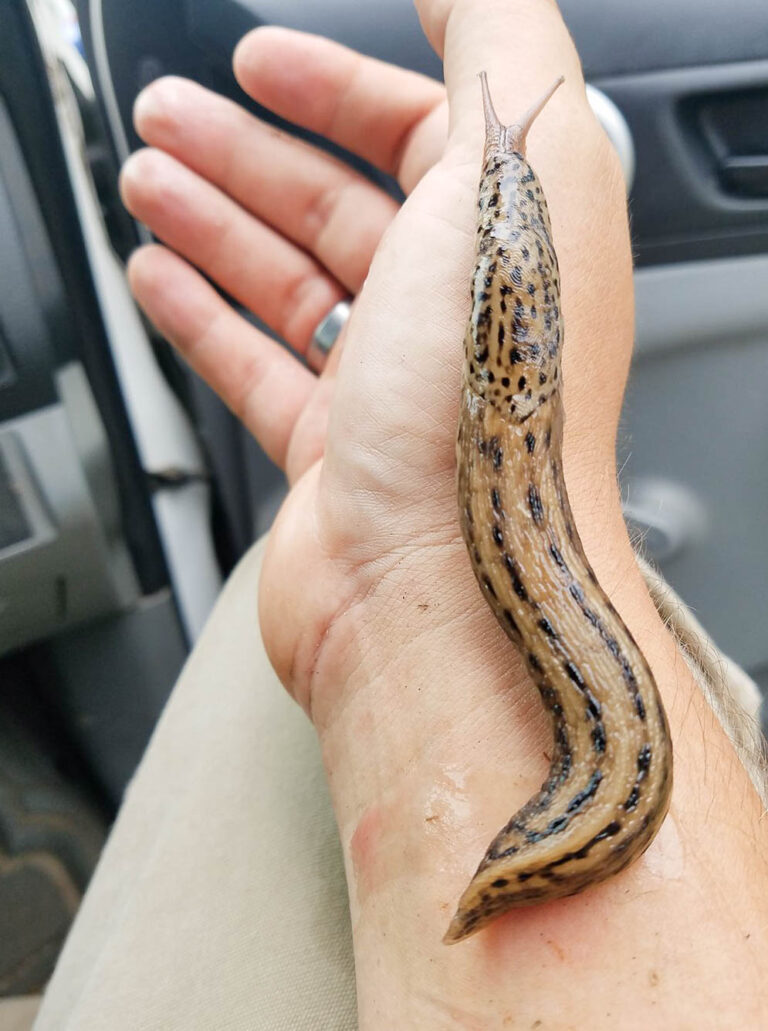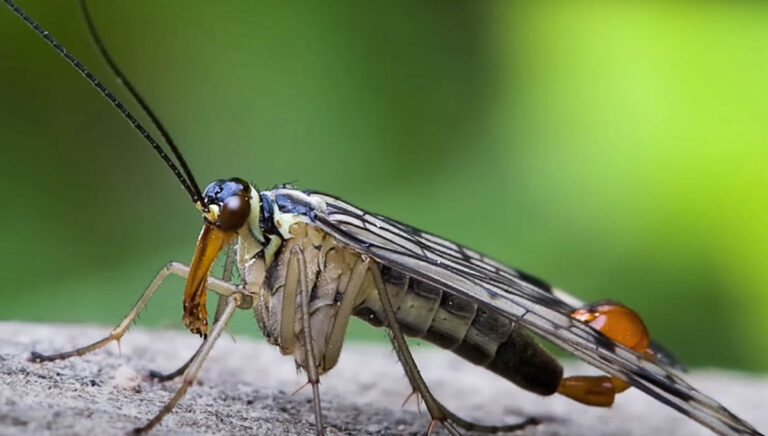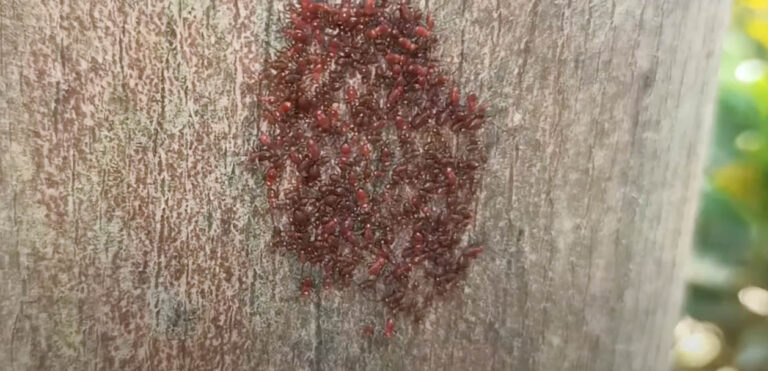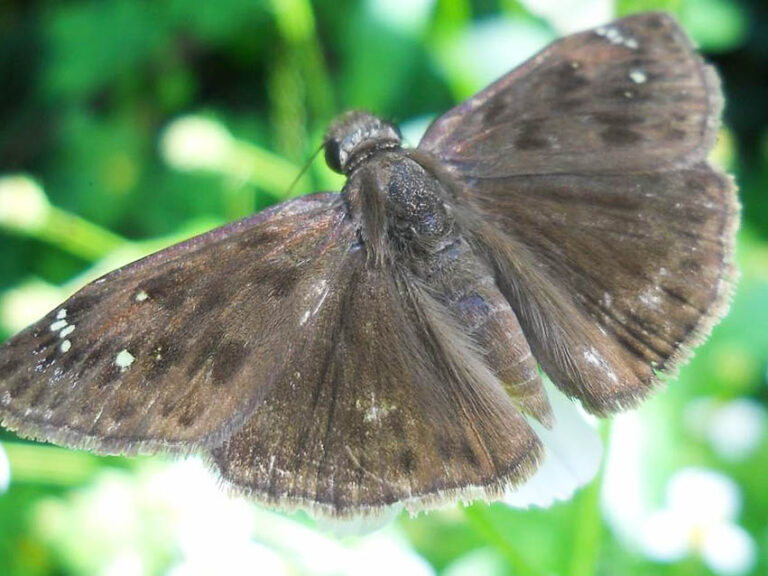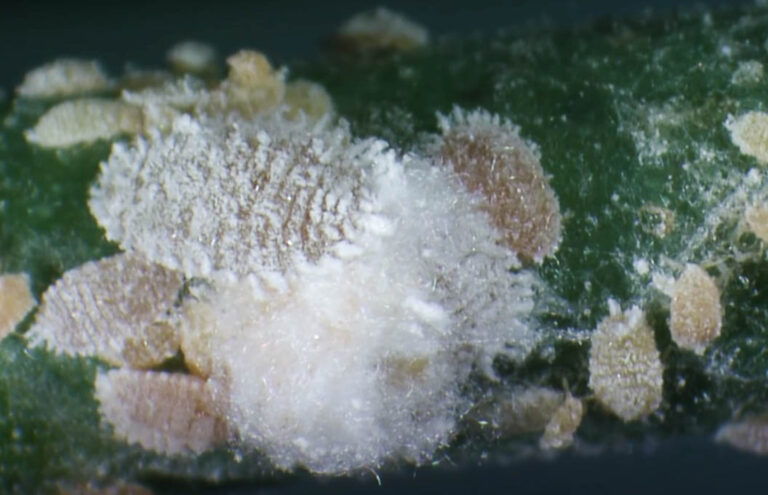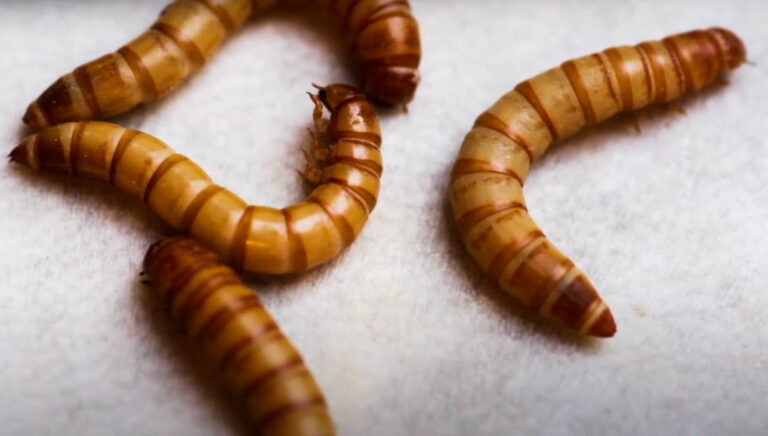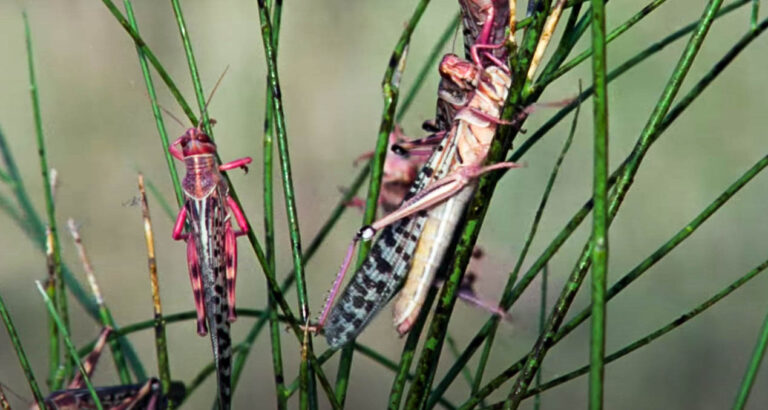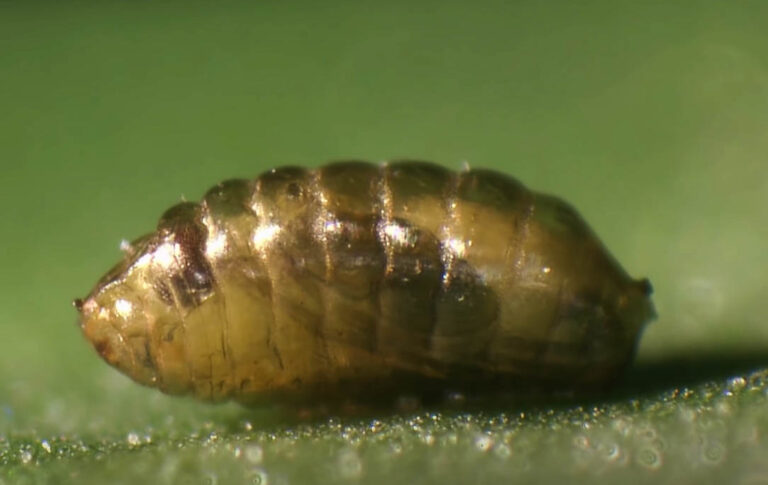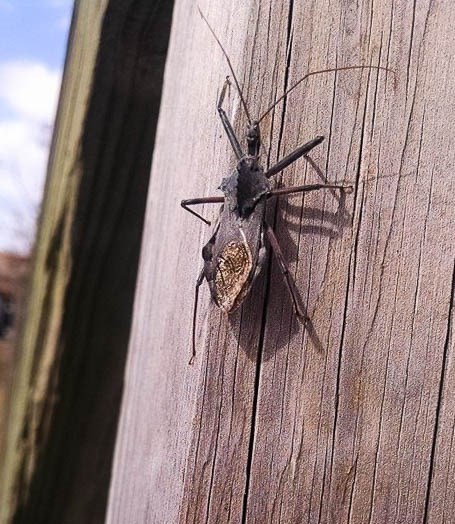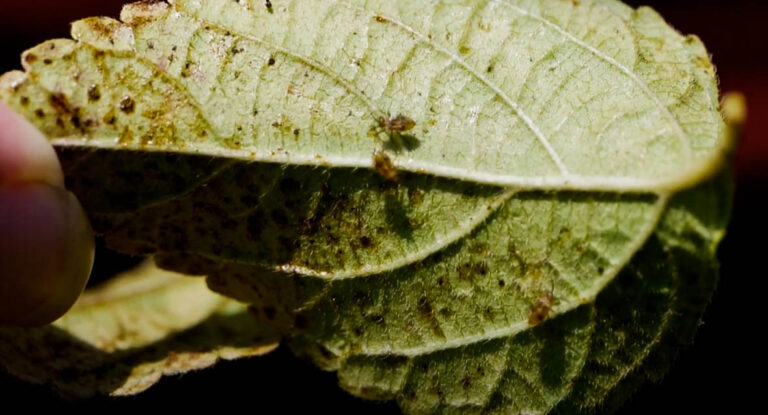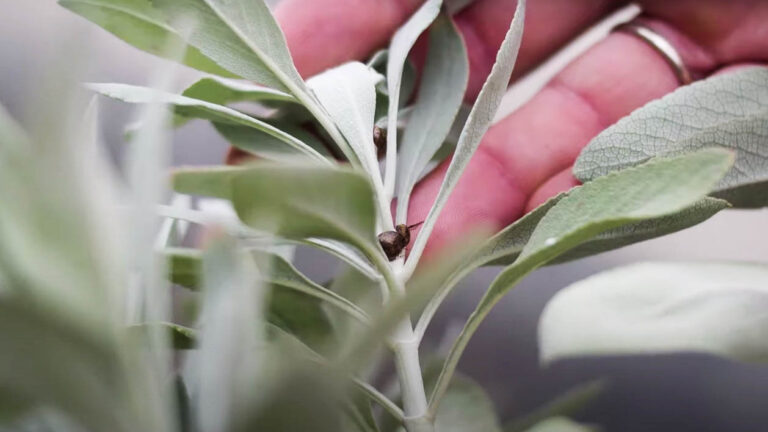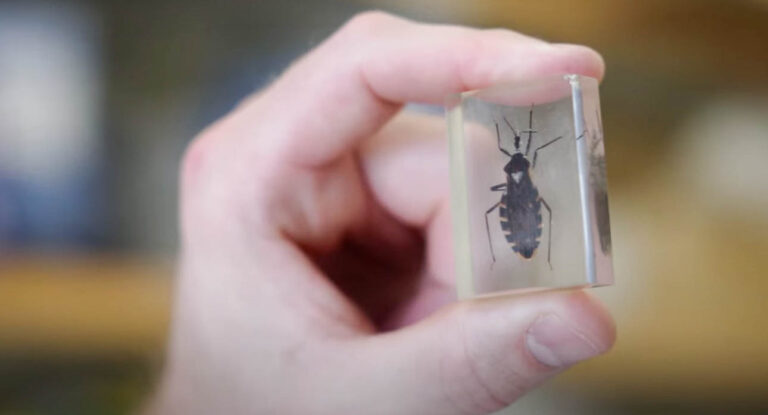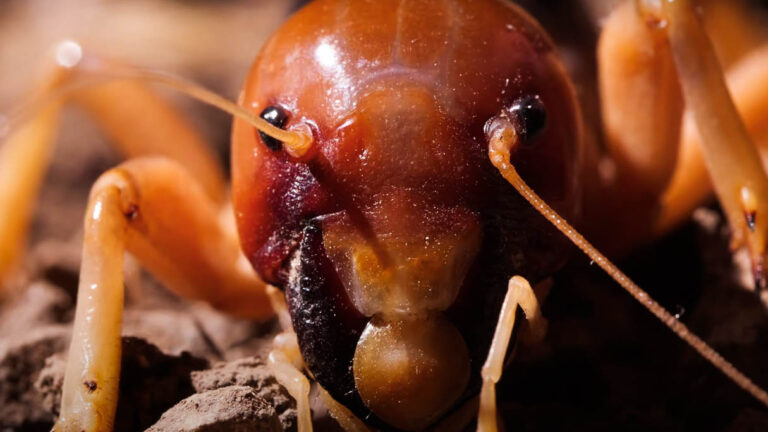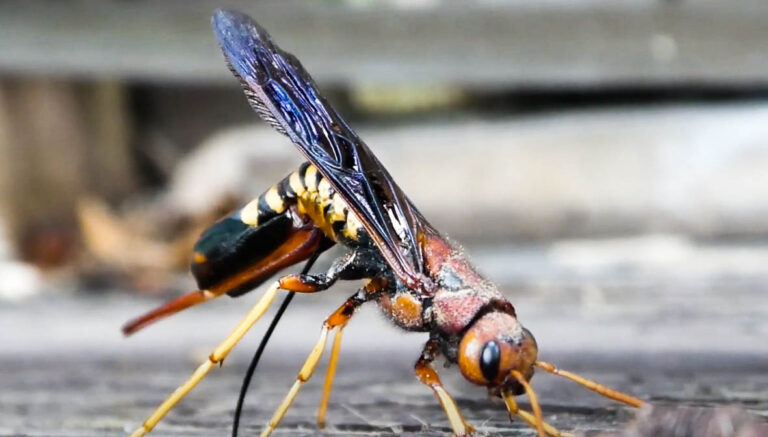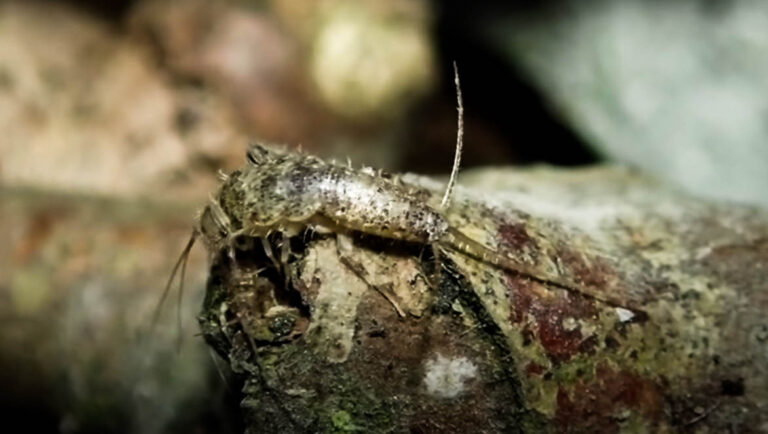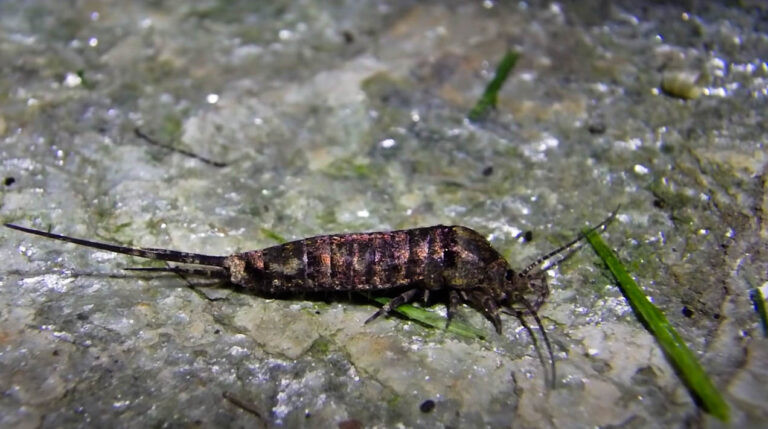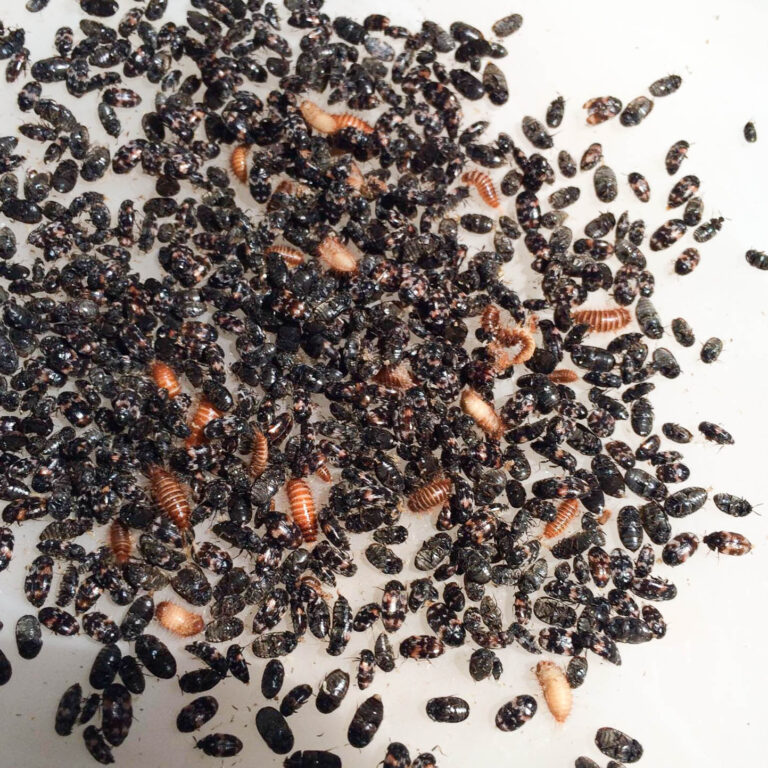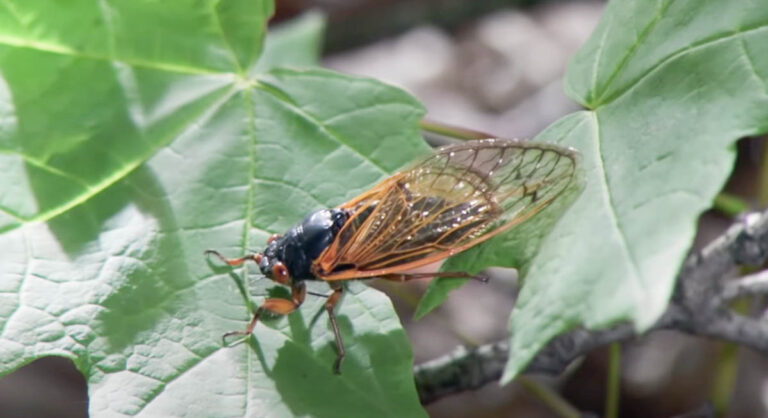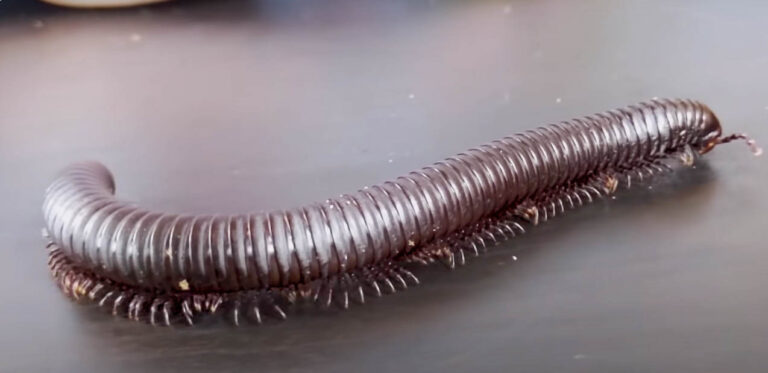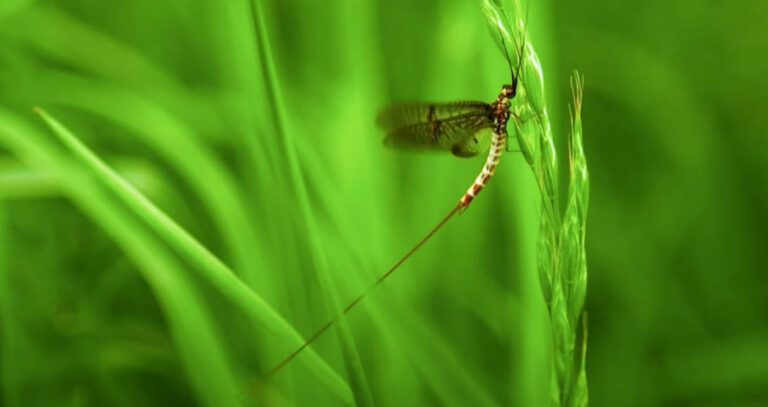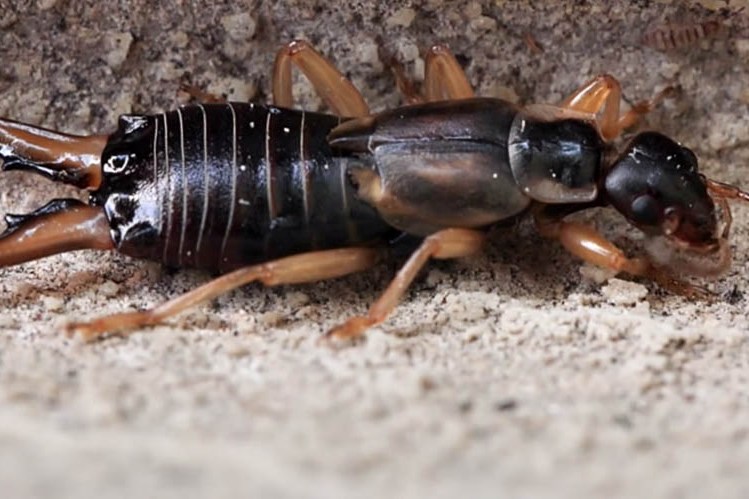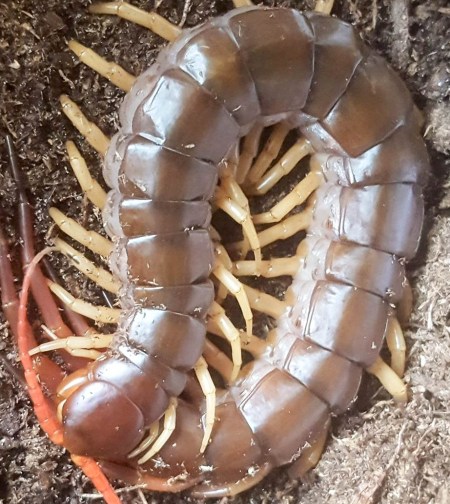About Leaf miners
About Leaf Miners
Best known for leaving intricate, random patterns of damage on plants, leaf miners can cause aesthetic damage to plants, and could eventually cause more serious health issues for your plants. These little creatures are one of the most interesting pests, as they do things differently than most insects. Continue reading to learn more about leaf miners and how you can control an infestation.
Appearance
Identifying leaf miners can be a bit of a challenge if you are without a magnifying glass. Adults only get to be about a tenth of an inch long, making them hard to see unless you are actively looking for them. They have dark colored bodies, most often dark gray or black, as it helps them blend into their surroundings better. However, they have small yellow stripes on their bodies, along with clear wings, which provide some contrast to their overall dark appearance. They are very similar to small house flies, and are often confused as such. The best way to tell the difference is to look for the yellow stripes, which make them a leaf miner.
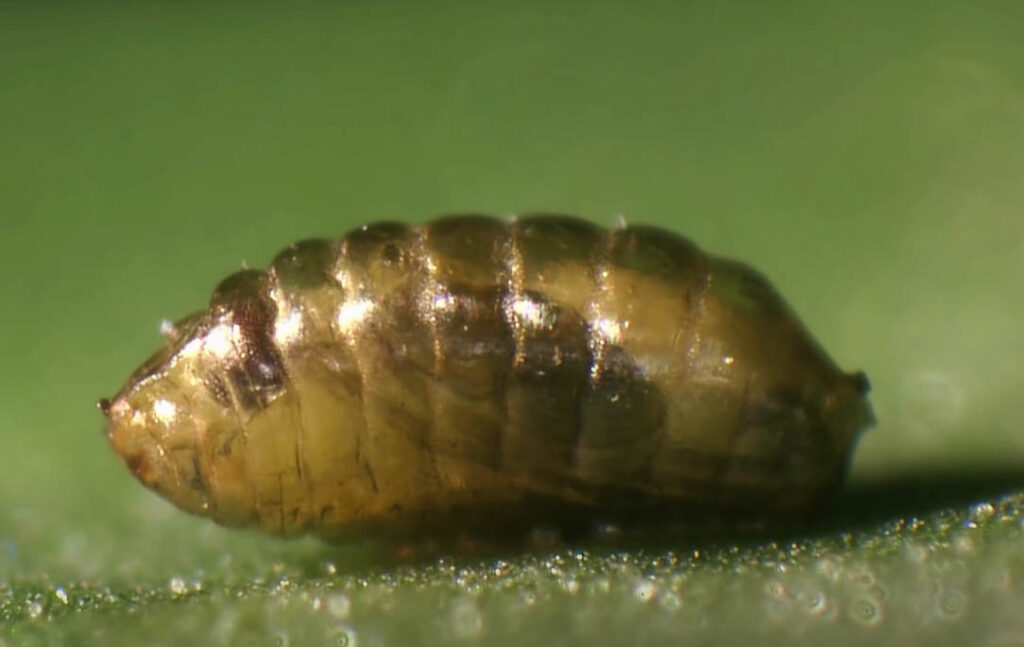
Behavior
The leaf miner is known best for the random designs that are caused by their tunneling in plant’s leaves. These flying insects particularly enjoy feeding on shrubs, bushes, and many different broadleaf trees, such as poplar, aspen, elm, and hawthorn trees. The life cycle of leaf miners is an interesting subject, starting with the female leaf miners leaving up to 250 eggs just below the leaf’s surface. Roughly ten days later, the hatched younglings begin “mining” (tunneling) while they feed on the leaf. Once they have become mature larvae, they burrow under the soil for a couple of weeks, until they come out as mature, adult leaf miners. This strange life cycle is the main reason that there are a lot of generations of the leaf miner in a year.
Habitat
The ideal habitat for an adult leaf miner is wherever they can be close to a food source. The perfect living situation would be in a flower garden, a vegetable garden, or a wooded area, as they love these food sources. They will live on the plants in many cases, especially if they find a hardy, safe plant, such as a tree or shrub. The leaf miner would not have an ideal habitat if it made its way into a home, as there is no way it could survive very long. This is the reason why leaf miners really only cause problems outdoors.
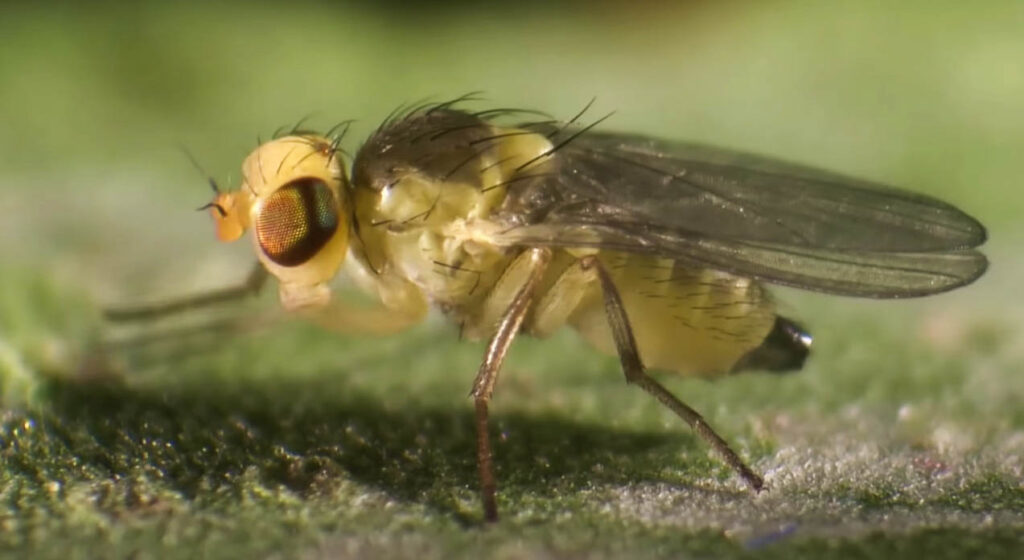
Damage They Cause
Leaf miners will not cause damage to homes or any building materials within homes. They also do not spread disease to humans, and will not bite or sting. In fact, the only damage that leaf miners cause is harmful to your plants and trees. When their young have hatched from their eggs, they leave the tunnels in your plants that look bad and can cause eventual death to plants. If fungus or bacteria get into the tunnels, it can kill the plant or tree quickly, as the tunnels give access to a plant’s subcutaneous layer. It is for this reason that it is important to get rid of leaf miners quickly.
Infestation Signs
You likely may not even notice that you have a leaf miner in your home, as they die quickly and will not reproduce inside. In fact, you generally do not need to worry about infestations within a home, as it is not an environment conducive to this insect. You may not notice you have a leaf miner problem until the young hatch, and you begin to see the tunneling and random designs on the leaves of your plants. Any signs of dying plants or trees could also be a sign of leaf miner damage.
How to Get Rid of Them
Getting rid of leaf miners is a high priority for many people who own flower gardens, vegetable gardens, or nice trees in their yard. Since leaf miners can give serious diseases to big, valuable trees, it is important to get them out of your environment early. One of the easiest ways to get rid of leaf miners is to use an insecticide that will kill them quickly. It is also important to focus on keeping your plants healthy so that any leaf miner related issues will not harm them too seriously. If you would like expert help or want to get rid of the problem quickly, consider hiring a pest control expert to help out.

